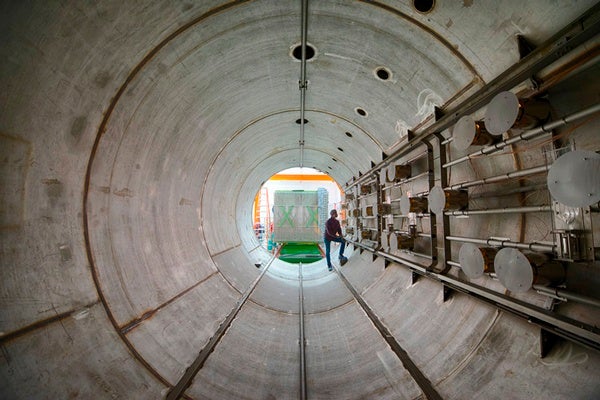 |
| November 05, 2021 |
 |
| Particle Physics Can Sterile Neutrinos Exist? Physicists have wondered if neutrino particles come in a mysterious fourth variety. Now new experimental findings complicate the question By Clara Moskowitz | |
| |
| |
| Autism Coming Out Autistic Transgender or gender-fluid people are more likely to be neurodivergent, and vice versa. Here's what that's like | | | | |
| Diversity The Lost Women of Science, Episode 1: The Question Mark When physician and pathologist Dorothy Andersen confronted a slew of confounding infant deaths, she suspected the accepted diagnosis wasn't right. Her medical sleuthing led to the world's understanding of cystic fibrosis, a disease that affects the lungs, the pancreas and a host of other organs. But she is by no means a household name. Who was this scientist, and how did she come to quietly make such an important medical contribution? This is the Lost Women of Science podcast | | By Katie Hafner,The Lost Women of Science Initiative | | | |
| |
| |
| |
| |
| |
| Genetics Ranking the risk of heart disease By accounting for the additive effect of multiple genetic variants, researchers can develop a system that improves their ability to identify the most vulnerable | | | | |
FROM THE STORE
 | | | |
| |
LATEST ISSUES
 |
| |
| Questions? Comments?  | |
| Download the Scientific American App |
| |
| |




